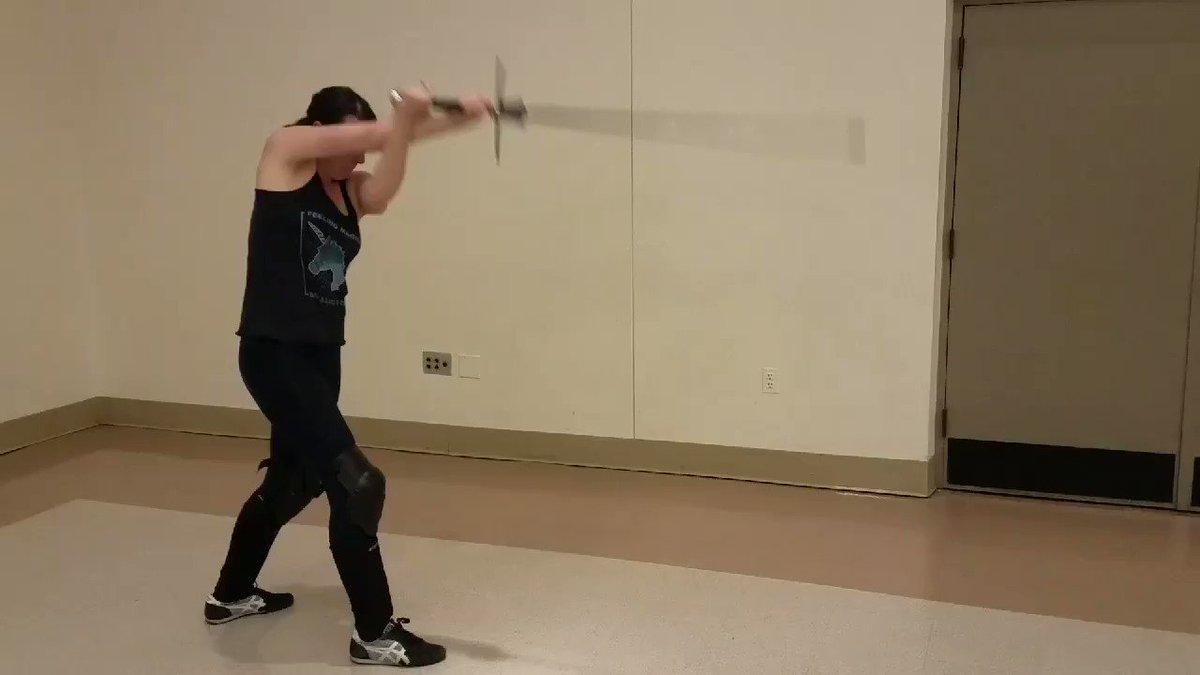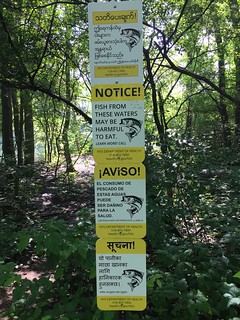Speakers: Claudia Depkin, Haverstraw King's Daughters Public Library, and Geoff Kirkpatrick, Bethlehem Public Library
Description: Join us as we engage with members of the Civil Service Task Force on
navigating the finer points of the civil service system. Have questions
about the hiring process? Do you want to know what to do after you've
received your score? Stop in to find out. There will be an opportunity
for discussion at the end of the presentation -- bring your questions!
Notes: Civil service is used to hire public library staff in many New York State libraries and in some other government-connected libraries across the state. While civil service is not used in every U.S. state, where it is used, it is important to understand what it is, why it exists, and how to navigate the system.
NYLA maintains "
A Librarians Guide to Civil Service" on its website, which people should refer to.
Why
does civil service exist? It was created in the 1800s to breakup appointing who you
know to positions. It is meant to help hire the best
people for the job. It was also designed to protect people once they are in their positions.
What's the point?
- Protect incumbents from political pressure
- Test for merit and fitness in an objective way
- Encourage promotion from within the organization
- Provide career ladders for employees
In NYS, all libraries uses civil services except for association libraries. Information is available on the
State Library website.
A few thoughts about vocabulary:
- Vocabulary is important.
- The words used, when describing civil service are nonstandard. You need to understand their language (civil service) and how they are using it.
- It is a world into itself.
Home Rule - There
are rules about civil service in NYS law, but there are local rules, connected with a specific civil service authority.
Those rules vary from location to location, and are important.
Local Control:
- This makes the discussion of particulars challenging.
- Commissioners and other civil service employees wield enormous power over specific practices.
- Misunderstanding of NYS Civil Service law at the local level can be devastating.
- Those things not specifically mentioned in state law are left to the local municipality to decide.
Some example:
- Number of years of experience for minimum qualifications
- Whether to use promotional exams
- How often to offer exams
- Part time staff having competitive or non-competitive status
Depkin and Kirkpatrick stressed that it is important to develop and maintain a relationship with your local civil service agency.
Classification of positions:
- Two broad classes: classified, unclassified
- Unclassified - elected officials, head of government agencies, teachers
Four categories of classified service:
Competitive class - competitive exams, provides due process
Non-competitive class - some part-time positions are placed in the non-competitive class, see section 75
Exempt class - library attorney, library treasurer, library executive/CEO (CC law 41)
Labor class - manual labor, part-time or full-time, See section 75
Depkin and Kirkpatrick frequently mentioned section 75 of
Civil Service law, which emphasized the importance of understanding what is in the law itself.
Examinations:
- Types of exams: open competitive, promotional
- May have residency requirements
- Continuous recruitment versus non-continuous recruitment - when you can signup for the exam
Methods of examinations:
- Typically multiple choice
- Used for most titles
- May be on paper or computer
- Training and experience exams
- Used for librarian titles
- Structured resume
- Scored by a computer
- Questions about experiences, formal education, continuing education, professional development
- Combination Exams
- Frequently used for computer (IT) titles
Appointment:
- Applicant must meet minimum standards.
- Passing score and reachable on the civil service list for that position-type.
- Applicant must respond to the canvas letter, which is sent by the hiring library. This letter allows people on the civil service list to signal if they are interested in this specific position. It allows the hiring library to know who they should be considering for an interview.
- The library then selects people to interview from available candidates
- Once the final selection has been made, the staff member must be official appointed.
- The new staff member must complete the probationary period.
Types of appointments:
- Contingent permanent
- Permanent
- Provisional - no section 75 protections
- Temporary - some specific rules based on length of the appointment
- Non-competitive appointment
- .....Others
Rule of one of three (rule of three)
- Ensures that the appointing authority is never forced to choose from fewer than three eligible candidates.
- Frequently misinterpreted.
- Appointing
authority may choose to appoint any of the three highest scoring
candidates including ties, who are willing to accept the appointment.
This is why canvasing process is critical.
- Within the rule of three, any legal method may be used.
Quick Thoughts
First, I wish that more people had been at this session, especially MSLIS students. This is an important topic, especially in NYS, so having the chance to hear from people who are well-versed in it is useful. Yes, there is "
A Librarians Guide to Civil Service", but that is not a person is sitting in front of you, answering questions as Depkin and Kirkpatrick did.
Second, a number of people need to understand civil service including library staff, those seeking employment, and public library boards of trustees. While each group may not need to understand civil service at the same depth, each - if connected with or interested in a library whose hiring is government by civil service - needs to know enough so as to not make a mistake. In NYS, there are a number of people who are well-versed in the law and who would be willing to talk about it.
Third, some states in the U.S. do not use civil service. Hiring in those states is done by people applying for open positions, then the library selecting the candidates they want to interview, etc. While this may make hiring easier, it offers fewer protections to the employees.
Fourth, civil service protects against nepotism and the hiring of friends. While we might rail against civil service, I think we should be supportive of a system that trying to make hiring more open and fair.
Finally, because civil service encourages promotion from within the organization, we need to provide the professional development and career opportunities to our staff, so they will meet the qualifications for the next level up the ladder. Failing to do this is a problem and it harms the library and its staff.









